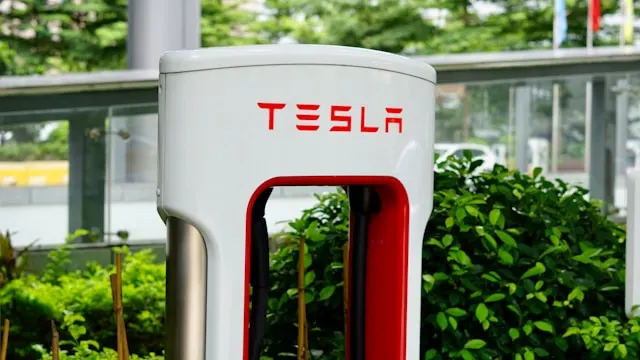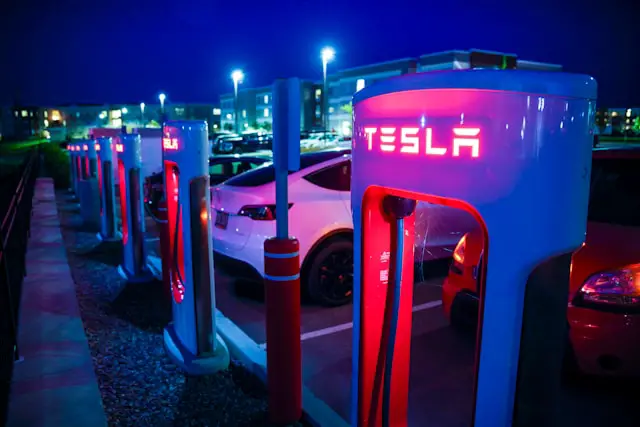In a groundbreaking move, European Union negotiators have given their support to a transformative deal that could redefine the employment status of millions working for ride-hailing and food-delivery platforms, impacting industry revenues significantly.
Key Points of the EU Agreement
According to a statement issued by the EU on Wednesday, the provisional agreement, backed by negotiators, mandates a reclassification of approximately 5.5 million workers associated with ride-hailing and food-delivery apps as full-fledged employees. The decision hinges on meeting at least two out of five specified conditions that distinguish them as employees rather than independent contractors.
Conditions for Employee Classification
The identified conditions include limits on worker pay, performance supervision, control over task distribution, authority over working conditions and hours, and adherence to rules regarding appearance and conduct. These conditions aim to provide clearer distinctions between employees and those who consider themselves self-employed.
Controversy Surrounding Gig Worker Status
The status of delivery couriers and drivers linked to platforms like Uber Technologies Inc. and Deliveroo Plc has sparked global controversy. While these platforms promote flexibility and self-employment, critics argue that they fail to provide adequate protections for workers.
Elisabetta Gualmini’s Perspective
Elisabetta Gualmini, the lead author in the parliament, views the agreement as revolutionary, marking the first legislative framework for digital platform workers. Gualmini emphasizes the establishment of better rights for the world’s least protected workers and fair competition for platform operators.
Transparency and Worker Rights
The deal also introduces measures to enhance transparency for workers, requiring platforms to inform workers when algorithms are used for monitoring or management. This addresses concerns about transparency in decision-making processes and the use of personal data. Certain restrictions on the processing of personal data, such as private conversations and data indicating race, political opinions, migration, or health status, are also outlined.
Industry Response and Future Implications
Uber, in response to the agreement, expressed support for efforts to improve working conditions for platform workers while seeking legal clarity as the final text is finalized. The proposed rules, if adopted, could bring substantial financial burdens to the industry, with estimates suggesting an additional €4.5 billion ($4.9 billion) in annual costs.
Potential Impact on Platform Operations
Despite the positive intent behind the agreement, concerns linger about potential cutbacks by delivery platforms in response to stricter employment rules. A precedent in Spain, where a similar law led to Deliveroo withdrawing from the country and other food-delivery apps scaling back operations, raises apprehensions about the unintended consequences of such regulations.
Conclusion and Next Steps
The provisional agreement, although a significant milestone, awaits endorsement and adoption by the European Council and parliament. Member states will then have a two-year window to incorporate these rules, signaling a period of potential transformation and adjustment for the gig economy landscape in Europe.










Leave a Reply